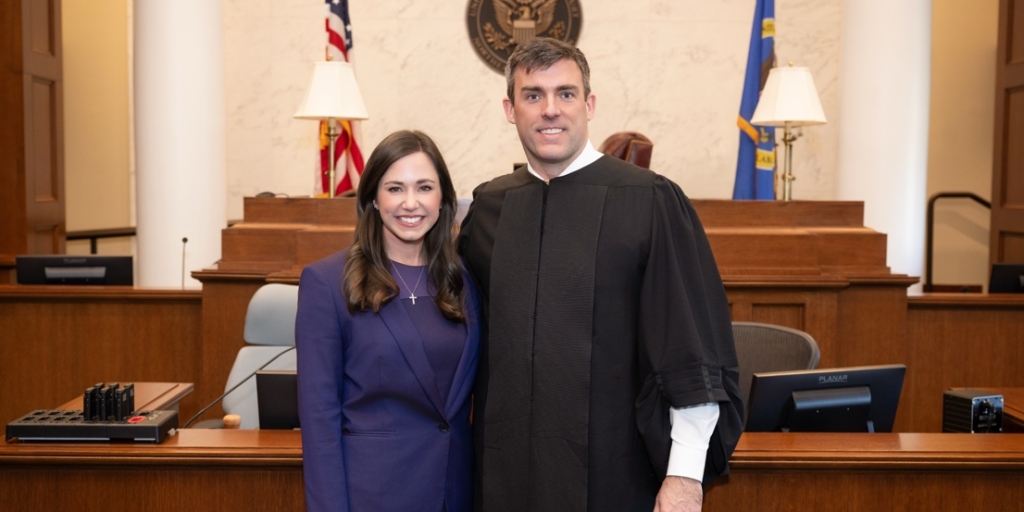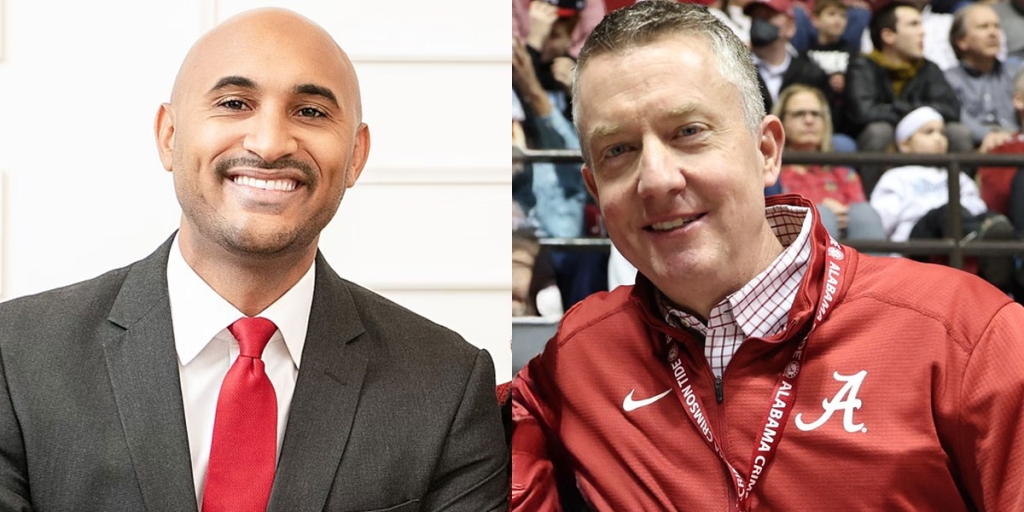College football’s preeminent conference has added two of the nation’s most storied programs to its ranks. The University of Texas and the University of Oklahoma have officially accepted an invitation from the presidents and chancellors of the Southeastern Conference (SEC) to join the league.
The 14-member conference is set to expand to 16 in 2025, when the athletics programs of the Longhorns and Sooners will begin conference play. Rumors began circulating last week when a report surfaced that claimed the Big 12 powerhouse schools had let it be known that they wish to join the SEC. Just days later, the conference had extended an offer to the institutions. On Friday, the two universities made it official.
The deal did not come to fruition without its fair share of controversy, however. The Big 12, feeling as if it had been aggrieved, on Wednesday sent a cease and desist letter to ESPN accusing the network of colluding with the SEC to poach the programs in an alleged attempt to “destabilize” the conference.
Big 12 commissioner Bob Bowlsby sent a cease and desist letter to ESPN claiming ESPN tried to encourage another conference to poach some of the Big 12's remaining teams.
"It is tortious interference," Bowlsby says.
Full details: https://t.co/i79xgKfavG pic.twitter.com/ube7UboP1T
— Sports Illustrated (@SInow) July 29, 2021
The leading sports network responded to the beleaguered conference in a formal letter stating the accusations “are entirely without merit” and further stating that “there is nothing to cease and desist.”
The SEC’s expansion is yet another shakeup in the ever-evolving landscape of college football. Conference realignment began in the early part of last decade, with the SEC gaining then-Big 12 schools Texas A&M University and the University of Missouri. While it is uncertain what steps the Big 12 will take to remain relevant as a conference, the SEC’s claim to being college football’s supreme conference just got that much stronger.
SEC Commissioner Greg Sankey, arguably one of the most powerful figures in college athletics, lauded the expansion.
“This is an important moment for the long-term future of the Southeastern Conference and our member universities,” said Sankey. “Oklahoma and Texas are outstanding academic institutions with two strong athletics programs, which will add to the SEC’s national prominence. Their additions will further enhance the already rich academic, athletic and cultural legacies that have been cultivated throughout the years by our existing 14 members. We look forward to the Sooners and Longhorns competing in our Conference starting in the 2025-26 academic year.”
Auburn University and Tigers Athletics Director Allen Greene welcomed the Sooners and Longhorns, saying the addition will “[elevate] the experience of Auburn student-athletes and fans.”
https://t.co/0P68qMiFYg pic.twitter.com/lBqHSvq0WO
— Allen Greene (@AGreeneIV) July 30, 2021
University of Alabama President Dr. Stuart Bell and Athletics Director Greg Byrne also applauded the announcement, stating that it will prove to enhance the quality of the conference.
Welcome to the @SEC @OU_Athletics and @TexasLonghorns! #ItJustMeansMore #RollTide pic.twitter.com/G5GyT6LcbS
— Alabama Athletics (@UA_Athletics) July 30, 2021
Many college sports pundits believe this is just the beginning of a revived conference realignment trend. Some have begun to speculate that the SEC isn’t quite yet finished. Will the SEC look to bring in additional schools to what is already classified as an embarrassment of riches? The answer to that question presently remains unclear. What is clear, however, is that the SEC intends to maintain its status as the premier conference in college athletics.
Dylan Smith is a staff writer for Yellowhammer News. You can follow him on Twitter @DylanSmithAL













